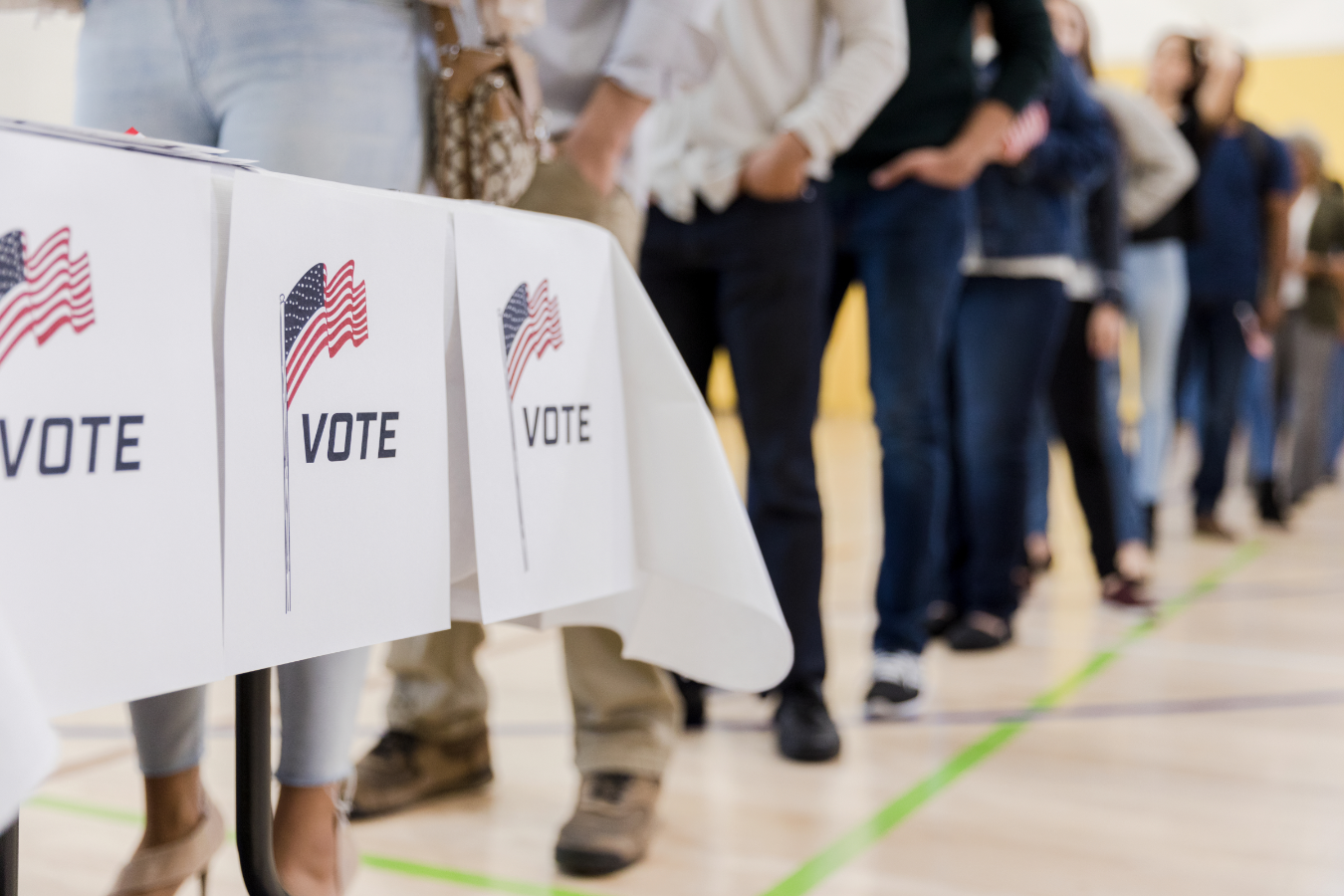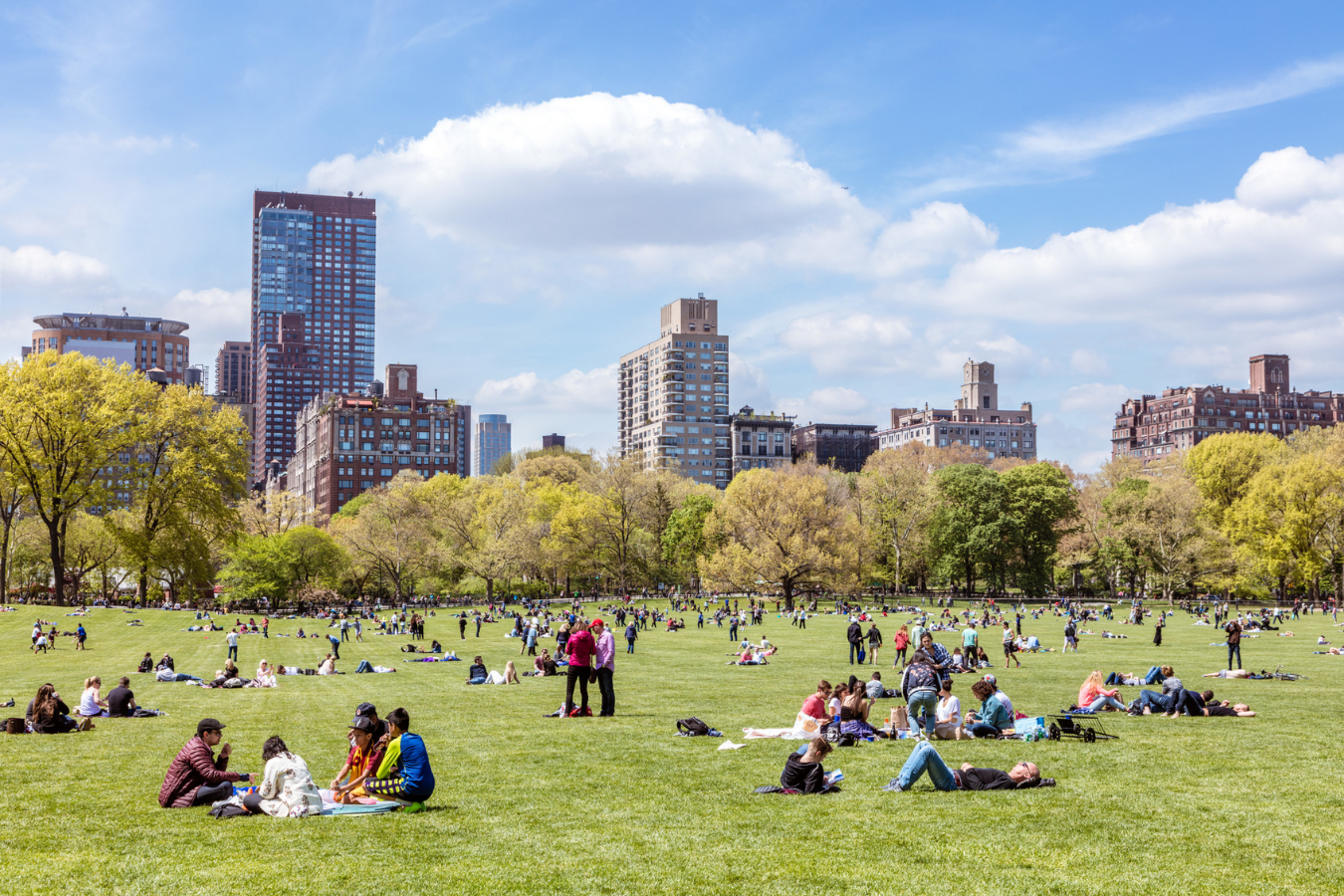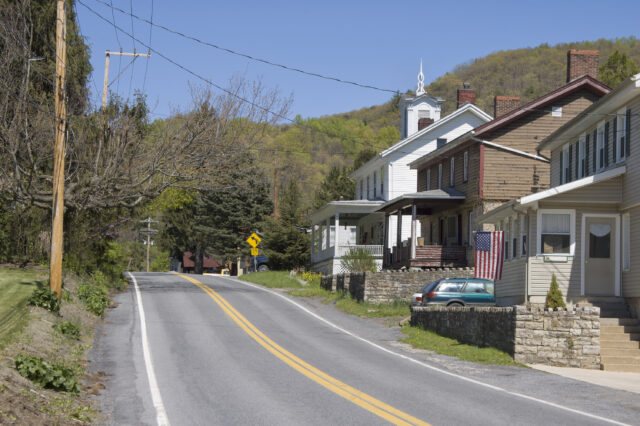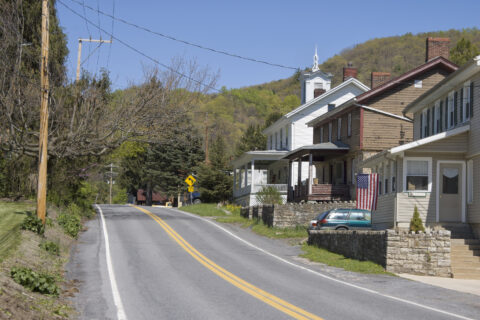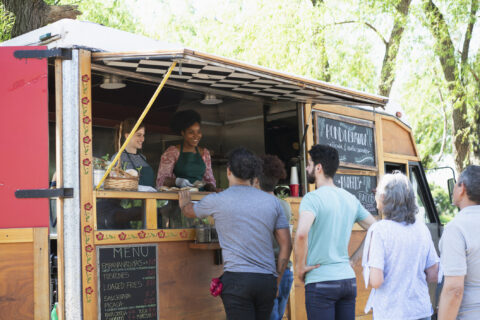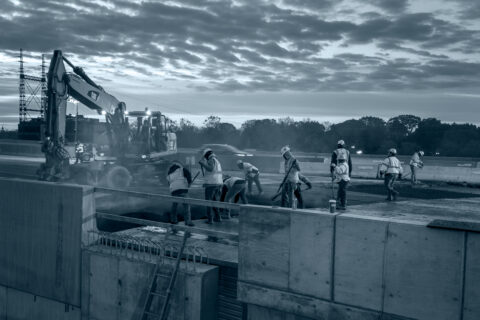Interim Leadership

Tonja Rucker
Interim Senior Executive and Director for LEAD & CMP
About the Program
The National League of Cities’ Center for Municipal Practice provides research, education, and analysis on key topics and trends that impact the people in America’s communities. The primary areas we work within are Sustainability and Smart Cities, Innovation and Entrepreneurship, Housing and Community Development, Economic Development and Finance, Local Democracy and Preemption, and Leadership Education and Coaching.
Upcoming Events
Program Initiatives
NLC supports local leaders in understanding how to lead in the areas of sustainability, resiliency, entrepreneurship, technology, and more.

Urban Innovation
NLC’s Urban Innovation research and solutions portfolio encapsulates the many new technologies and platforms that have come to redefine city governance and service delivery. As technological innovations become more central to cities and their day to day operations, this research portfolio aims to help city leaders embrace some of the most complex paradigm shifts.

Sustainability & Resilience
The Sustainability & Resilience team works with communities across the country to activate local and regional sustainability and resilience efforts. NLC provides elected leaders and their staff with peer-learning opportunities, direct technical assistance and leadership training in order to elevate their successes so others will be inspired to lead on climate issues.

Innovation & Entrepreneurship
The City Inclusive Entrepreneurship program asks city leaders to commit to creating the right policies, programs, and practices to ensure their communities can thrive in the global, innovation-driven economy. We help participating cities reach their goals by providing technical assistance, seed funding and peer learning.
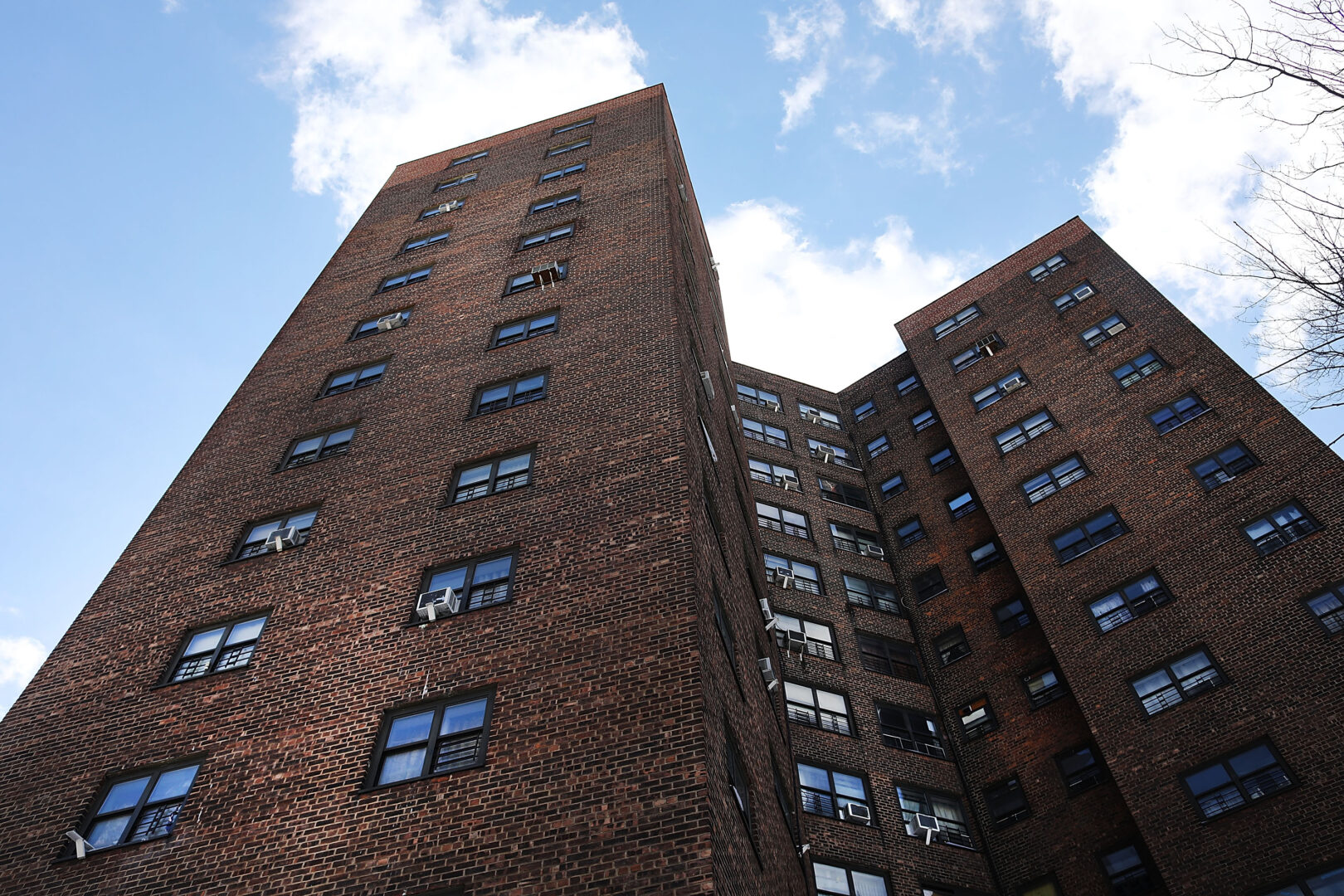
Housing & Community Development
Safe, affordable and quality housing, neighborhood and community building, and homelessness are bedrock issues for cities, towns and villages. Equitable housing and housing stability is the central component for economic mobility, health and successful educational outcomes. In support of local leaders addressing issues of housing affordability, housing instability, homelessness and displacement, the Housing and Community Development program lifts up best and promising practices, conducts original research, provides educational programming and offers a variety of technical assistance.

City Governance
At the heart of local government decision-making are the forms, types and structures of cities. Our Cities 101 resources provide information about the ways cites are created, as well as details on elections, finance, charters and local governing powers.

Local Democracy & Preemption
Every community has different needs. It is crucial that local leaders are given the autonomy to determine what will help their residents. Every day, city leaders are working to improve the health and welfare of their communities and the people who live there. But instead of partnership and support, many cities in recent years have confronted state politics and interference.

Economic Opportunity & Financial Empowerment
NLC’s Economic Opportunity and Financial Empowerment (EOFE) team increases city leaders’ awareness about the critical roles they can play in addressing the economic challenges financially insecure families in America’s communities face.


